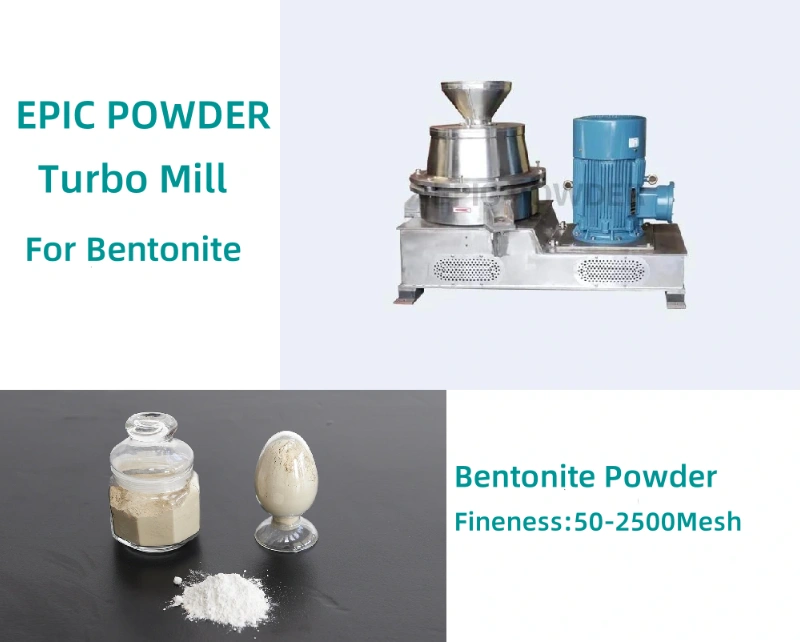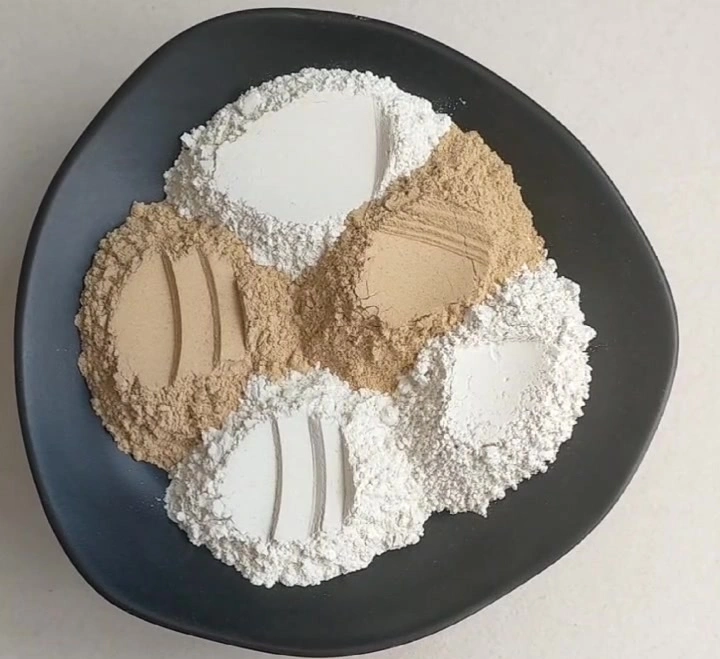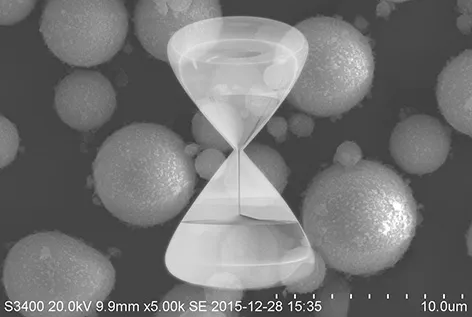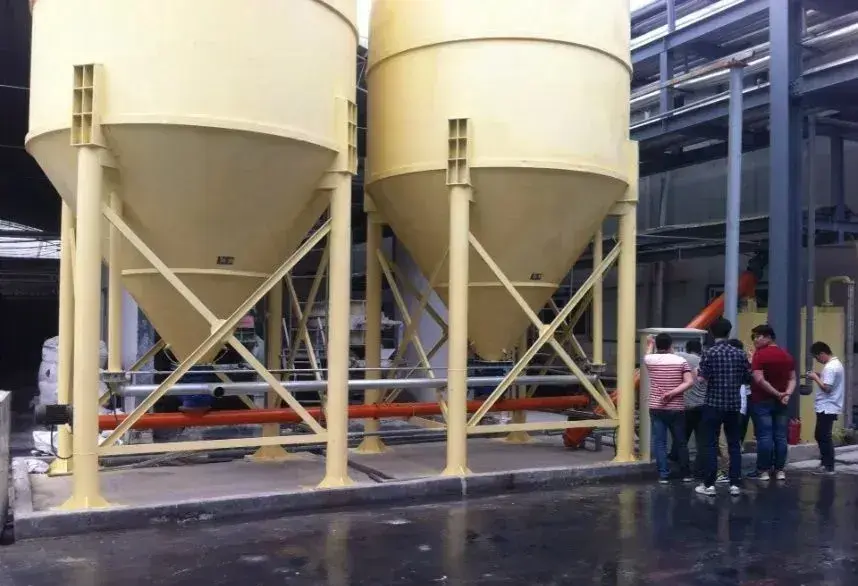Bentonite, also known as “bentonite rock,” “soapstone,” or “swelling clay,” is an inorganic clay mineral primarily composed of montmorillonite. Due to its unique physical and chemical properties, it is often referred to as “universal clay.” Bentonite powder, with its unique physical and chemical properties, has a wide range of applications. It has become an indispensable resource in industries such as mining, construction, environmental protection, metallurgy, and agriculture. There are various types of bentonite, each with unique characteristics and application advantages. These types provide rich solutions for different fields. This article will explore the types of bentonite and its applications in various industries.

Various types of bentonite
Bentonite is mainly classified into several types based on the differences in interlayer cations. These include sodium-based bentonite, calcium-based bentonite, hydrogen-based bentonite, and organic bentonite.
- Sodium-based bentonite: It has excellent swelling, water absorption, adhesiveness, and plasticity. It is the most widely used type of bentonite.
- Calcium-based bentonite: Compared to sodium-based bentonite, its swelling and adhesiveness are slightly weaker. However, it is more economical and suitable for applications with lower performance requirements.
- Hydrogen-based bentonite: It has special chemical properties and can exhibit unique characteristics, such as high-temperature stability, under certain conditions.
- Organic bentonite: It is modified with organic materials, improving its dispersibility, suspending ability, and stability. It is suitable for high-end applications.

Wide application of bentonite
The multifunctionality of bentonite enables it to play a crucial role in various fields, with its wide range of applications being truly impressive.
- Construction: Due to its excellent swelling and adhesiveness, bentonite is widely used in the production of soundproofing and thermal insulation materials, waterproof coatings, and wall materials. It provides strong support for the green development of the construction industry.
- Environmental Protection: Bentonite has a strong adsorption capacity, enabling it to adsorb harmful substances such as heavy metal ions and organic pollutants from water. It is an important material in the environmental protection field. Additionally, bentonite is used in the construction of impermeable layers in landfills, effectively preventing leachate leakage.
- Metallurgy: In the metallurgy industry, bentonite is mainly used as a furnace lining material. It can withstand high temperatures and resist corrosion, protecting the furnace body from the damage of molten slag.
- Agriculture: Bentonite improves soil structure and enhances soil fertility. By adding bentonite, the soil’s aeration and water retention properties are improved, promoting crop growth.
- Casting: In the casting industry, bentonite is used as a coating and binder, improving the surface quality and strength of castings.
- Food Industry: Bentonite is used in the food industry for bleaching and purification, such as decolorizing oils and purifying sugar solutions.
- Petroleum Drilling: Bentonite is a key component in the preparation of drilling mud for petroleum drilling. It helps regulate the mud’s viscosity, gel strength, and water loss, improving drilling efficiency.
Bentonite powder making equipment requirements
As the application fields of bentonite continue to expand, the demand for bentonite grinding equipment is also increasing. When selecting grinding equipment, factors such as performance, capacity, energy consumption, and after-sales service must be considered. EPIC POWDER, with its professional technical team and extensive industry experience, can provide customized bentonite grinding equipment solutions, ensuring the stability and efficiency of the equipment.

